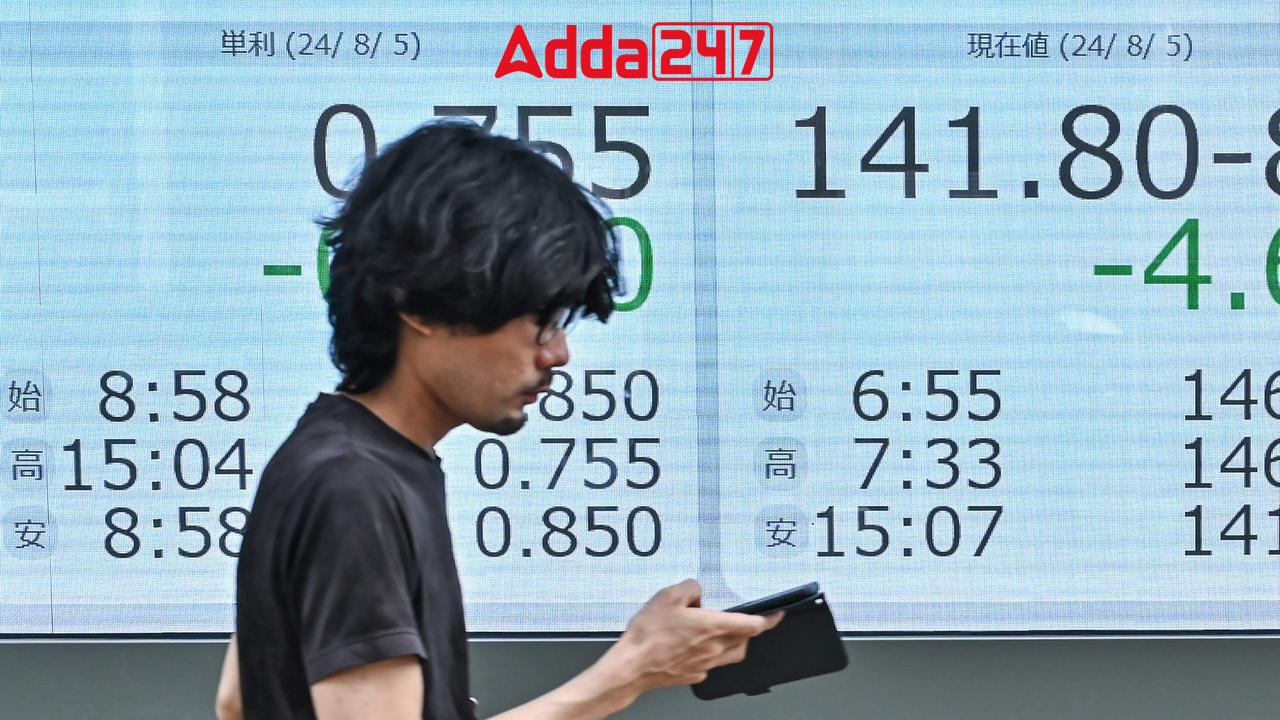The yen carry trade, a popular investment strategy involving borrowing yen at low interest rates to invest in higher-yielding assets, has faced a significant setback. Japan’s recent interest rate hike has led to a sharp appreciation of the yen, causing substantial losses for investors who had leveraged this strategy. This event has triggered global market volatility, particularly impacting Japan’s stock market.
How the Yen Carry Trade Works
Borrowing Cheap: Investors borrow yen at extremely low interest rates due to Japan’s monetary policy.
Investing for Higher Returns: The borrowed yen is used to invest in assets offering higher yields, such as foreign currencies or bonds.
Profiting from Interest Rate Differential: The profit comes from the difference in interest rates between Japan and the investment destination.
The Unraveling of the Trade
Japan’s Interest Rate Hike: The Bank of Japan’s decision to raise interest rates reversed the long-standing low-interest rate environment.
Yen Strengthening: The yen appreciated significantly, causing losses for carry trade investors who had borrowed yen.
Market Impact: The rapid unwinding of these trades led to a sharp decline in global stock markets, especially in Japan.
Implications for Investors
Shift to High-Quality Stocks: Investors are advised to focus on large-cap companies with strong fundamentals.
Monitor Global Developments: Stay updated on global economic conditions and geopolitical events.
Maintain a Long-Term Perspective: Avoid impulsive decisions and stick to a well-diversified investment strategy.




 India Hosts First BRICS Sherpas Meeting ...
India Hosts First BRICS Sherpas Meeting ...
 Tarique Rahman Set to Lead Bangladesh? B...
Tarique Rahman Set to Lead Bangladesh? B...
 Cyclone Gezani Hits Madagascar: 20 Dead,...
Cyclone Gezani Hits Madagascar: 20 Dead,...








